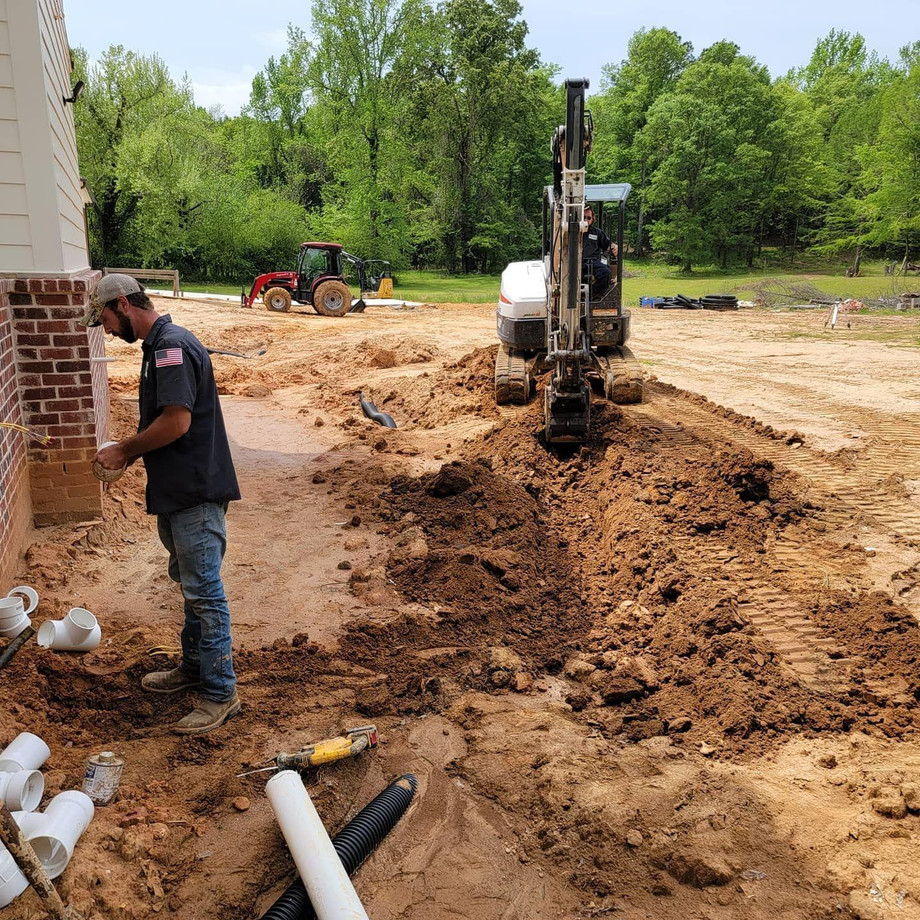Septic tanks are a crucial part of many homes, especially in rural areas where there is no access to a centralized sewer system. These tanks play a vital role in treating wastewater from your home and returning clean water to the environment. However, to keep your septic system functioning properly, regular maintenance, including septic tank pumping, is essential. In this article, we will explain in simple terms what septic tank pumping is, why it's important, how often it should be done, and what you can expect during the process.
What is Septic Tank Pumping?
Septic tank pumping is the process of removing the accumulated solid waste and sludge from your septic tank. Over time, as wastewater flows into the tank, solid materials settle at the bottom and form a layer of sludge. If this sludge is not regularly pumped out, it can build up and cause a range of problems, including clogs, backups, and potential damage to your septic system.
Why Is Septic Tank Pumping Important?
Preventing System Failure: Regular pumping prevents your septic system from becoming overloaded with solid waste, which can lead to costly and messy system failures.
Protecting the Environment: Proper maintenance ensures that only treated wastewater, not raw sewage, is released into the soil, preventing pollution of nearby water bodies and groundwater.
Avoiding Health Hazards: A neglected septic tank can emit foul odors, attract pests, and pose health risks to your family and neighbors.
Maintaining Property Value: A well-maintained septic system adds value to your property, whereas a failing system can decrease its worth.
How Often Should You Pump Your Septic Tank
The frequency of septic tank pumping depends on several factors, including the size of your tank, the number of people in your household, and your water usage habits. On average, it is recommended to pump your septic tank every 3 to 5 years. However, for more accurate guidance, consider the following:
Tank Size: Smaller tanks will fill up more quickly and may need pumping every 2 to 3 years, while larger tanks can go longer between pumpings.
Household Size: The more people in your household, the more wastewater is generated, which may require more frequent pumping.
Water Usage: High water usage, such as excessive laundry or frequent long showers, can increase the load on your septic system and necessitate more frequent pumpings.
Type of Waste: Be mindful of what you flush down your drains and toilets. Avoid disposing of non-biodegradable items and chemicals that can harm your septic system.
To determine the right pumping schedule for your specific situation, it's best to consult with a professional septic tank service provider. They can assess your tank's condition and usage and provide personalized recommendations.
What Happens During Septic Tank Pumping?
The septic tank pumping process involves several steps, and it's essential to hire a licensed and experienced professional to perform this task. Here's a simple overview of what happens during septic tank pumping:
Locating the Tank: The technician will locate your septic tank, which may involve probing or using specialized equipment.
Accessing the Tank: Once the tank is located, the technician will uncover and open the tank's access port, which is typically a manhole cover.
Inspecting the Tank: Before pumping, the technician may inspect the tank's condition to check for cracks, leaks, or other issues.
Pumping the Tank: Using a powerful vacuum truck, the technician will pump out the accumulated sludge and liquid waste from the tank.
Cleaning the Tank: After pumping, the tank may be rinsed to remove any remaining sludge or residue.
Inspecting the Outlet: The technician may also inspect the outlet pipe and baffles to ensure they are functioning correctly.
Recovering the Access Port: Once the tank is cleaned and inspected, the access port is securely closed.
Disposing of Waste: The waste removed from your septic tank is transported to a treatment facility for proper disposal and processing.
For More Info:-
Septic System Installation Experts
Septic Tank System Maintenance
Septic Tank Service in Water Valley
Utility Installation Experts in Mississippi






Comments